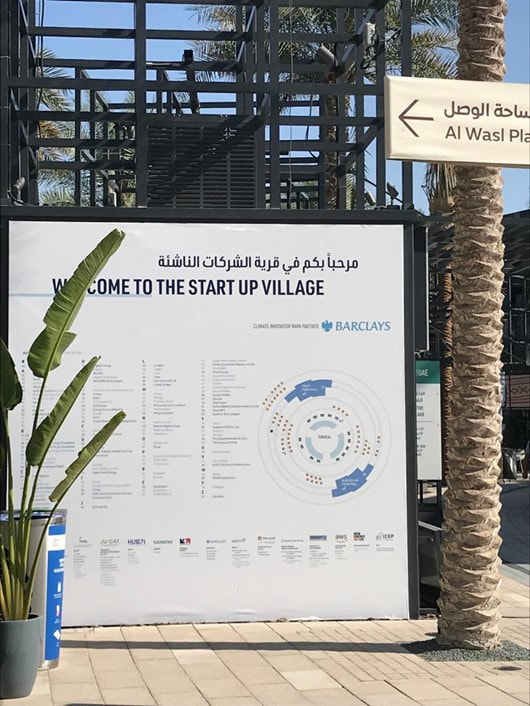|
By: Mohammed Aldulaimi
As we look at our world today, we are challenged with the climate change problem. For decades now, scientists have been finding more data proving the climate change. In fact, the Conference of the Parties (COP) is an initiative that helps address this particular problem. Every year and in a different city, political leaders and scientists meet to discuss plans against climate change. Yet, despite the many promising initiatives made during these meetings, decisive actions are yet to be made. Luckily, more people, including the general public, want change. Climate activism has been growing around the world, increasing the pressure on decision makers. Yet, there is another question that needs to be addressed: How can we make money out of this? You see, despite this sounding a bit greedy, it may be the answer we need. New inventions have always been driving changes in societies. Think about the industrial revolution, it transformed everything. With the introduction of new machines, various industries saw exponential growth. Additionally, new industries were also created, like the machine manufacturing industry. This growth brought new norms and habits in societies. For instance, the consumer culture we have now is a consequence of the revolution. In fact, this culture was influenced greatly by businesspeople. Upon seeing the potential, they began investing more into research and development (R&D). This allowed innovators to find jobs that let them do nothing but innovate. Countries and non-profit organizations were also investing into R&D in universities and research centers. More innovations were made, and more societies were changing. Businesses also started investing into marketing, driving more sales for their products. Brands were created, and cultures were made. Even today, we see many people that religiously follow certain brands. Businesses became very powerful, reaching more people and spreading their propaganda everywhere. Similarly, as more new startups prove that they can make profit out of eco-products, more investments will be available for them. More investments, means more innovation, which means more rapid change. Not only that, but the dominance of eco-brands, will also work to educate more people on climate change and sustainable lifestyles. This doesn’t only require innovation in products, but also in business models. Many countries have realized the importance of entrepreneurs in combating climate change. They have been promoting many “eco-preneurship” bootcamps and hackathons and providing more investments into this sector. In fact, this year’s COP had a special venue called the Startup Village. It featured many eco-startups with innovative ideas. There were companies recycling coffee waste, while others providing mobile software for monitoring farm produce. Hopefully, more companies will start incorporating sustainable practices into their business models. Therefore, rapid change may become more attainable for us.
0 Comments
|
Categories
All
Archives
March 2024
|

 RSS Feed
RSS Feed
